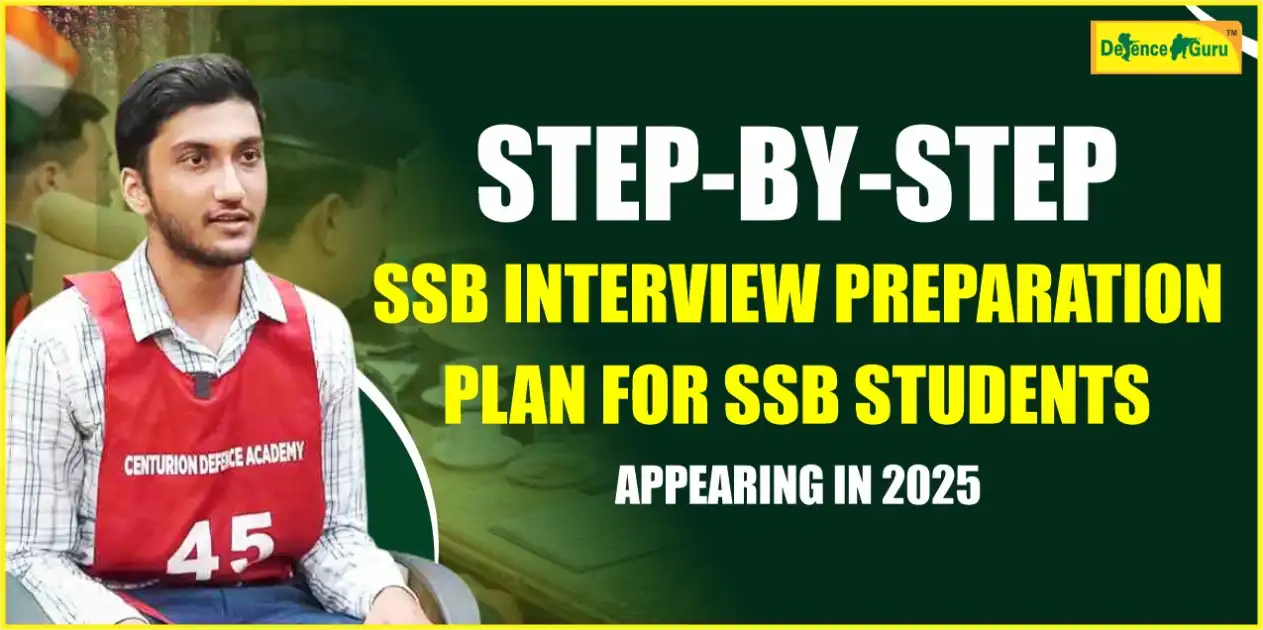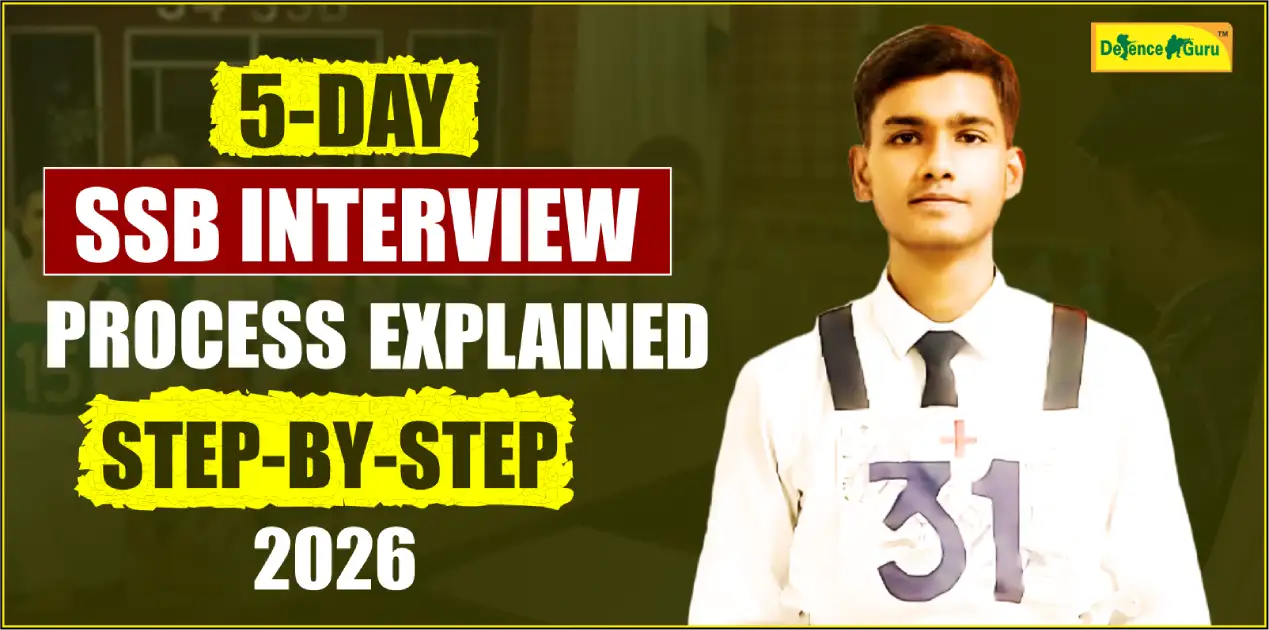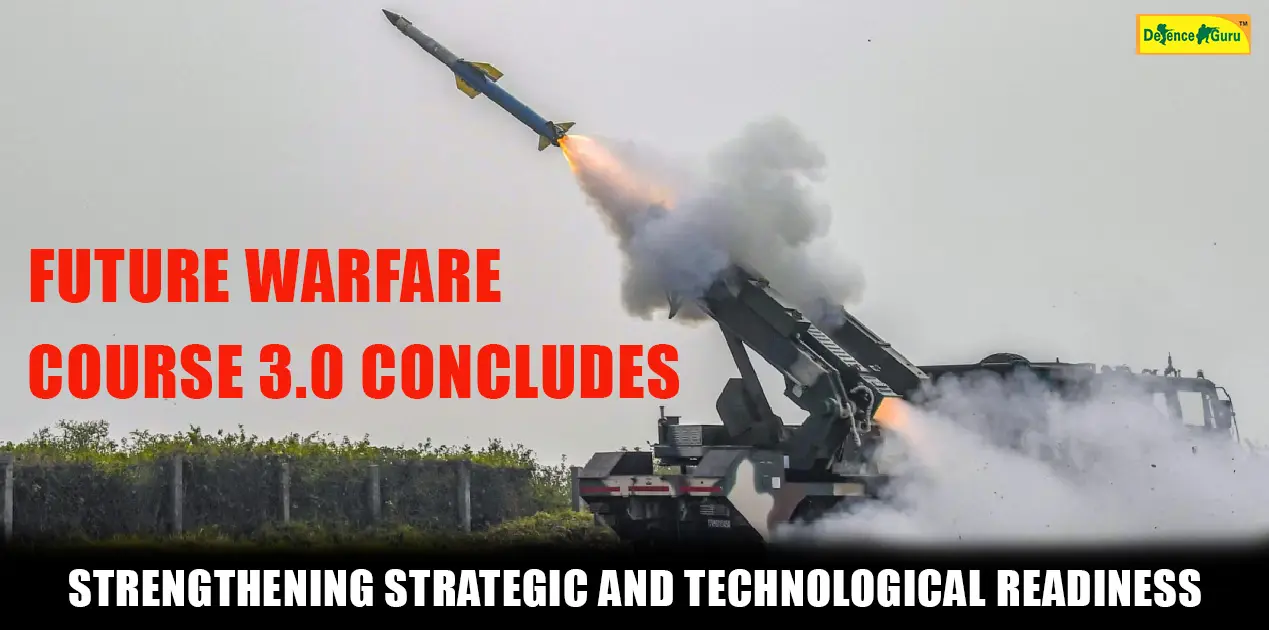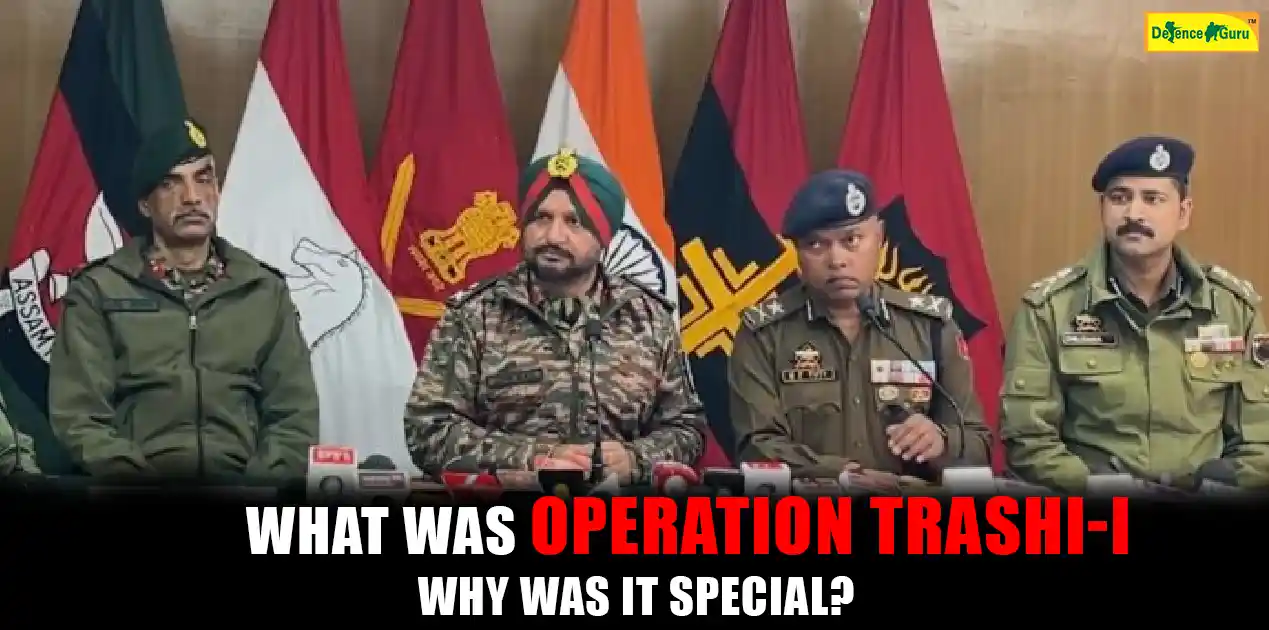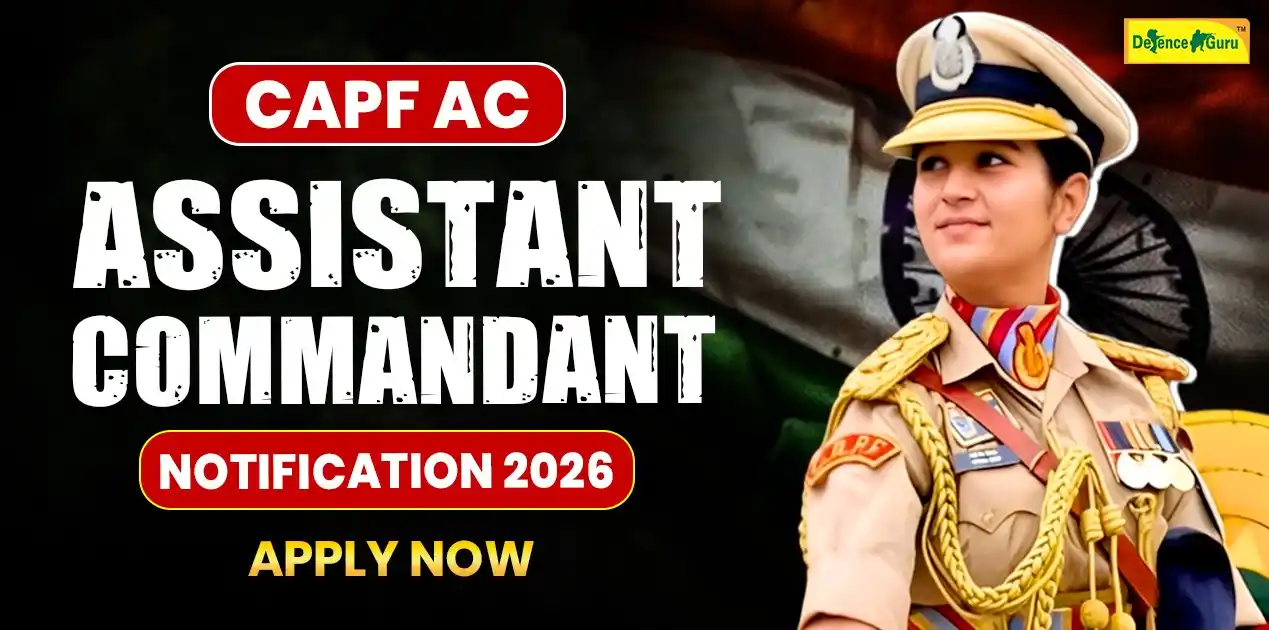60 Negative Words in SSB WAT - With Positive Answers to Ace the Psychology Test!
The Word Association Test is one of the most important components of the psychological test in the SSB interview. Aspirants are afraid to be presented with negative words in WAT because they believe it will show something bad about their personality. But it’s not about the word, it’s your perception. An intelligent candidate with a trained mind can transform even the most unpleasant word into a statement of positivity, leadership, and emotional intelligence.
Here in this blog, we will discuss 60 of the most frequently used negative words in WAT and how you can use them to construct positive constructive statements. These responses are not to be memorised but to be utilised as lessons to frame your mindset for the WAT.
Why Are Negative Words Used in WAT?
Negative words are used in WAT to:
- Test your emotional intelligence
- Understand your response to adversity
- Reveal your mental resilience and outlook
- Assess your personality traits under pressure
The assessors want to see if you can remain calm, composed, and constructive even when exposed to unpleasant or harsh stimuli.
Tips to Handle Negative Words in WAT:
- Always show control or transformation – Show that you can deal with the situation or help improve it.
- Avoid using the word in a negative tone – Don't repeat the word with a similar negativity.
- Reflect OLQs (Officer-Like Qualities) – Show leadership, initiative, empathy, courage, and positivity.
- Keep it short and meaningful – One-liners that show action and responsibility work best.
60 Negative Words and Sample Positive Responses:
Let’s look at how you can flip negative words into power-packed, positive responses:
|
Negative Word |
Positive Sentence |
|
Failure |
Failure Is The Fuel For Future Success. |
|
Fear |
The Antidote To Remove Fear Is Preparation And Conviction. |
|
Rejection |
Rejection Should Never Be Taken Negatively. |
|
Pain |
Pain Teaches Us the Value Of Endurance. |
|
Storm |
The Storm Destroyed Homes, But Unity Brought Hope. |
|
Betrayal |
Despite Betrayal, He Remained Loyal To His Values. |
|
Hatred |
Hatred Fades Away With Understanding N Dialogue. |
|
Anger |
Anger Is Controlled Through Patience And Reflection. |
|
Mistake |
He Corrected His Mistake With Humility. |
|
Anxiety |
Anxiety Can Be Conquered With Planning. |
|
Weakness |
She Turned Her Weakness Into Strength. |
|
Doubt |
Doubt Disappears With Firm Determination. |
|
Insult |
The Insult Motivated Him To Improve. |
|
Jealousy |
Jealousy Encouraged Him To Self-Reflect. |
|
Wound |
Wound Healed With Time And Care. |
|
Disappointment |
Disappointment Led Him To Try Harder. |
|
Despair |
He Learned From Failure, Not Despair. |
|
Violence |
Violence Was Resolved With Peaceful Talks. |
|
Obstacles |
Obstacles Developed Stronger Willpower In Her. |
|
Conflict |
Misunderstanding Was Cleared Through Communication. |
|
Defeat |
Defeat Taught Lessons For Future Success. |
|
Lie |
The Lie Was Confessed And Corrected. |
|
Conflict |
He Avoided Conflict Through Dialogue. |
|
Neglect |
Neglect Motivated Her To Become Self-Reliant. |
|
Rejection |
He Faced Rejection Calmly And Kept Trying. |
|
Darkness |
Darkness Made Him Value The Light. |
|
Noisy |
She Stayed Focused In Noisy Surroundings. |
|
Misery |
Misery Strengthened His Will To Succeed. |
|
Frustration |
Frustration Faded With Mind-Ful Action. |
|
Bravery |
The Danger Was Tackled With Bravery. |
|
Laziness |
Laziness Was Overcome With Clear Goals. |
|
Loneliness |
He Turned Loneliness Into Solitude For Growth. |
|
Fight |
The Injustice Inspired A Fight For Rights. |
|
Tolerance |
She Overcomes Disgust With Tolerance. |
|
Criticism |
Criticism Helped Him Improve. |
|
Point |
The Failure Of Others Became A Learning Point. |
|
Negativity |
He Handled Negativity With Optimism. |
|
Poverty |
Poverty Inspired Hard Work And Innovation. |
|
Storm |
The Storm Tested Their Collaboration. |
|
Resilience |
The Loss Taught Him Resilience. |
|
Delayed |
Delayed Helped Him Plan Better. |
|
Sorrow |
Sorrow Deepened His Empathy. |
|
Accident |
The Accident Brought Awareness Of Safety. |
|
Fatigue |
She Kept Moving Despite Fatigue. |
|
Politeness |
Rudeness Was Met With Politeness. |
|
Focus |
Failure Sharpened His Focus. |
|
Chaos |
He Stayed Calm During Chaos. |
|
Adversity |
Her Courage Rose In Adversity. |
|
Pressure |
He Remained Honest Despite Pressure. |
|
Distrust |
Distrust Was Removed With Transparency. |
|
Resources |
Lack Of Resources Sparked Creativity. |
|
Criticism |
He Turned Criticism Into Motivation. |
|
Determined |
Anguish Made Him More Determined. |
|
Illness |
She Fought Illness With Positive Spirit. |
|
Insecurity |
Insecurity Pushed Him To Improve Himself. |
|
Sadness |
He Remained Cheerful In Sadness. |
|
Hopelessness |
Hopelessness Was Beaten By Action. |
|
Greif |
Grief Brought Emotional Strength. |
|
Bitterness |
Bitterness Gave Way To Forgiveness. |
|
Threat |
The Threat Was Neutralised With Skill. |
|
Lesson |
He Turned Every No Into A Lesson. |
|
Replaced |
Worry Is Replaced By Wise Action. |
Final Thoughts: Show Mental Strength, Not Perfection
Keep in mind that WAT is not a test of vocabulary. It's a tool for projecting personality. Don’t fake it – develop the appropriate mindset through practice, reading, and self-reflection. Use negative words as a chance to reflect strength, positivity, and action-oriented thought.
Ultimately, the evaluators are searching for future officers. Officers have to meet difficult challenges with a calm mind, clear intent, and a will to do, not crib about.
Practice Regularly With These Exercises:
- Take 15 random words daily and form quick positive responses.
- Reflect on personal experiences that show emotional strength.
- Practice writing stories from negative triggers with positive ends.
Read more:
How to Prepare for GD & Lecturette with Latest National Issues
How to Build Officer Like Qualities in Daily Life- Tips from Experts


